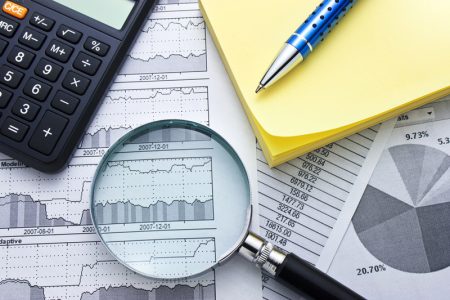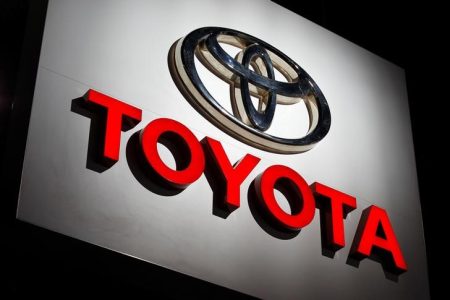South Korea’s headline inflation cooled for six months in a row, slowing to a 25-month low in July.
The continued easing of inflation pressure justifies the central bank’s current pause in tightening.
The benchmark consumer-price index gained 2.3% from a year earlier in July–the slowest since the same pace was set in June 2021–after rising 2.7% on year in June, the country’s statistics office said Wednesday.
Lower energy prices largely kept inflation continuously lower, the office said. Higher comparison bases last year also made inflation look softer this year.
The July reading missed the median market forecast of 2.4%, though still above the central bank’s 2.0% annual target.
Compared with the prior month, the index gained 0.1% in July after being flat in June.
Core CPI, which strips out volatile food and energy prices, rose 3.3% from a year ago and 0.2% from a month earlier in July, also moderating from the gains of 3.5% and 0.1%, respectively, in June.
Since February, the Bank of Korea has paused its rate-increase campaign amid growing signs that inflation is easing and the economy is losing steam on sluggish exports and frail consumption in the country.
The central bank is increasingly seen as gradually moving to ease policy after years of tightening.
The bank forecasts that the country’s economy should grow 1.4% in 2023, slower than 2.6% growth last year. It expects inflation to average 3.5% this year after 5.1% in 2022 in South Korea.
Read the full article here














